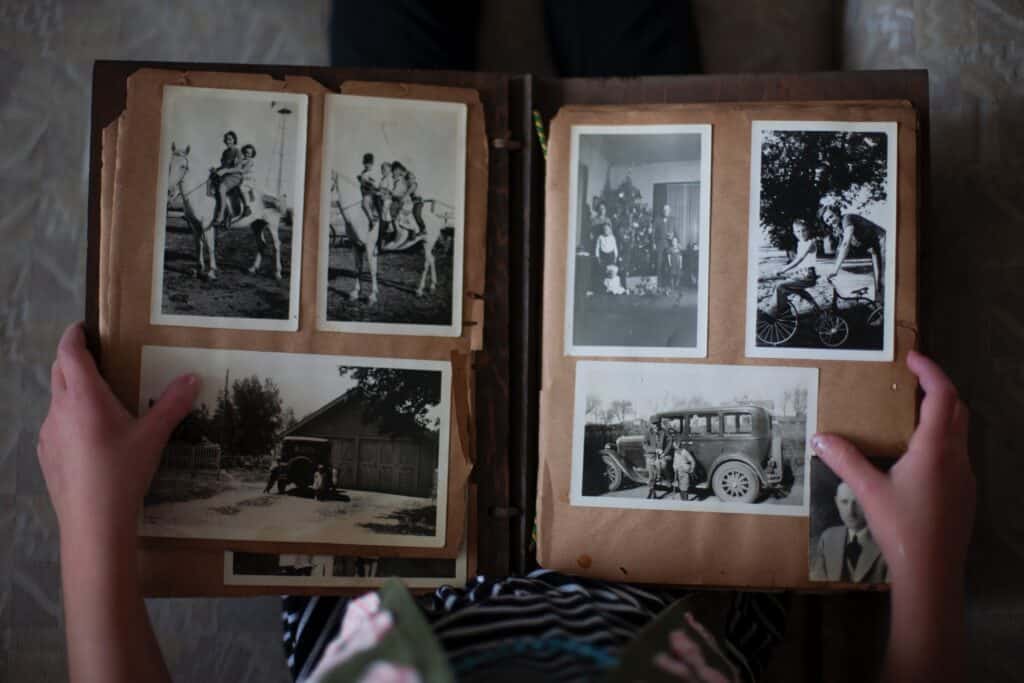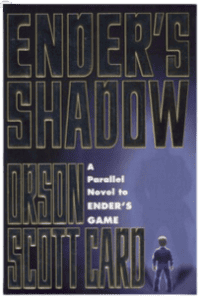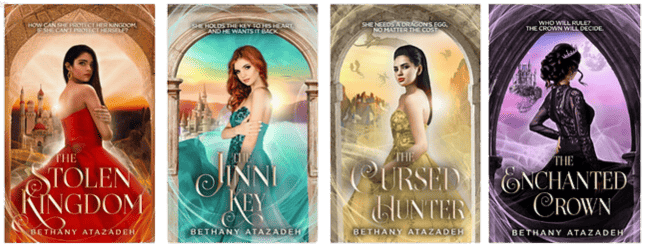
Have you ever sat in front of your computer, ready to write, but the ideas would just not come? Do you feel like giving up because you can’t seem to find that source of inspiration? This article will give you 10 Ways to Find Ideas for Your Fiction Story.
10 Ways to Find Ideas for Your Fiction Story
- Draw inspiration from current events
- Recreate a tale from your past or ancestors
- Explore your interests and passions
- Satire/Critique on a Social Issue
- Revisit well-known fairy tales or myths
- Research new topics or genres
- People watch
- Look at classic works
- Explore your dreams/hopes/fears
- A story within a story
Draw inspiration from current events.

Look at the news and see how real-life events and issues can be turned into fictional stories. A great idea is never further away than your phone, computer, or television. Repurposing current events or trends has been a very popular way to generate content for centuries. Dante Alighieri used the political climate of Florence to craft Dante’s Inferno. It has many references that are not-so-veiled satires very prominent figures of the time, one of which was the sitting Pope. If this method worked for the classics, it could work for you as well.
Recreate a tale from your past or ancestors!

Your memories or family stories could be used to inspire interesting characters and settings. This is another popular method to generate stories. This method has the advantage of helping you to translate feelings into your story. These are personal memories that you are using for inspiration. It’s not just what happened, but also how you felt when it was happening as well as during the aftermath. Draw on these feelings and use them as fuel to jack up the intensity of your writing.
Explore your interests and passions!

Develop a story based on a topic you are passionate about, like a hobby or a career, or even your favorite locations. Write about what you love. Readers can tell when the author is passionate about the story.
Satire/Critique on a Social Issue

Use humor or an impactful message that delivers criticism of society or a contemporary issue. This can be a tricky one. If you have a more general audience, you will need to take great care not to show any sort of bias on one side or the other in any social issue. While it can help you to generate good ideas, it has the potential to alienate the reader. For this reason, this should be used primarily by writers who have a niche audience, or ones that want to generate hype by introducing inflammatory ideas then sit back with some popcorn and watch the ensuing chaos they unleashed.
Revisit well-known fairy tales or myths

Ah, the retelling. This one has been very successful for many authors. Use familiar storylines and characters and inject new perspectives or twists. This was done famously by Orson Scott Card when he wrote Ender’s Shadow. It was a companion to the insanely popular Ender’s Game. It covered most of the same time period and events as its predecessor, only it told the story from the perspective of a lesser character from the original book named Bean. Even though the same events and time period were used, it became an entirely different story when seen through a new set of eyes. An indie author by the name of Bethany Atazadeh did a similar thing with some of the Disney stories in her Stolen Kingdom series. The readers are treated with a story that feels brand new yet still familiar to their childhood favorites. New and nostalgic at the same time. Both authors did a fantastic job with this method and prove that it can work whether you are a mainstream, traditionally published or an independent, self-published author.
Research new topics or genres

Changing things up can sometimes offer new ideas that you may have never thought of otherwise. Delve deeper into a genre or theme that you’re unfamiliar with and interpret them in your own way. This can be an intimidating process and will require a little research, but the insights that you gain will be well worth the effort. This starts by reading other authors in other genres. You will be surprised by how much you can enjoy reading books that are outside your norm. A lady that I went to college with wrote her first book a few years ago. It was a rom-com, and I am a sci-fi/fantasy reader primarily. I will say that I enjoyed the book immensely. So, give something new a shot. You never know where your muse lives.
People watch.

Take a trip to the park or a mall: anywhere there are lots of people. Amusement parks are good too. Watch people around you and take note of their mannerisms or interactions that could spark inspiration. As a writer, you want your characters to be relatable. Your reader will not become invested in the story if they can’t relate to the characters. Watching people and how they interact can not only give you story ideas but also help you hone your character development skills. Never turn down a 2 for 1 special.
Want to get email alerts when I post new blogs or stories? Subscribe today to stay informed.
Subscribe Now
Signup for news and post alerts!
Thank you!
You have successfully joined our subscriber list.
Look at classic works.

The classics are classics for good reason. Books that no one reads or relates to don’t become classics. Review some classic works of literature and reinterpret them in your own way. This has been done multiple times with Romeo & Juliet alone. There are at least 3 major Hollywood adaptations, all of which are reinterpretations. They wouldn’t do this if it were not effective. Find a classic that you love, preferably one that hasn’t been done to death, and put your own spin on it. Write something with a similar concept but with modern twists. Play with it a bit. You never know what you might come up with.
Explore your dreams/hopes/fears.

Our own psychology can be a rich place from which to harvest great stories. Every writer should keep a dream journal by the bed. Write about the things that keep popping up in your dreams and use them to create intriguing stories. Since dreams come from a place deep inside, stories written from them can draw the reader deeper into your perspective. It’s a good way to help them to think of things in a new way. If they can step outside themselves and take a walk inside your mind, you have the chance to dazzle them. Some of the greatest and most popular authors have used elements of their dreams in their works. These include Stephen King, Anne Rice, Mary Shelley, Maya Angelou, H.P. Lovecraft, and many more. That’s good company for any writer.
A story within a story

Create a story where the main character is creating a story within the story. This might lead to an exciting plot twist! Arabian Nights, Hamlet, The Neverending Story, and The Princess Bride are just a few that fall into this category. This is a great way to find ideas for psychological books. It allows you to tell a myriad of stories that take place in the disturbed person’s mind while still maintaining a solid story structure in the “real” world. The Babylon 5 TV show was a great example of this. J. Michael Straczynski had the entire 5 season story planned out from day one. He knew what the story would be for the whole show. The episodes were just little stories that helped him get through the big story. Most fiction series will use this concept to some extent, whether planned (like Babylon 5) or completely by accident.
Final Thoughts

There are many tips and tricks to help you generate new ideas for your stories. In the end, it all comes down to your determination and willingness to do whatever it takes to push through and get a great story out there. Good luck and check back for more tips.



